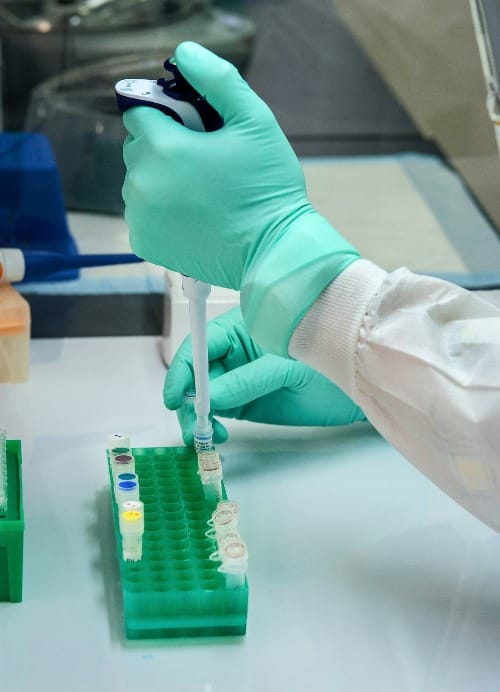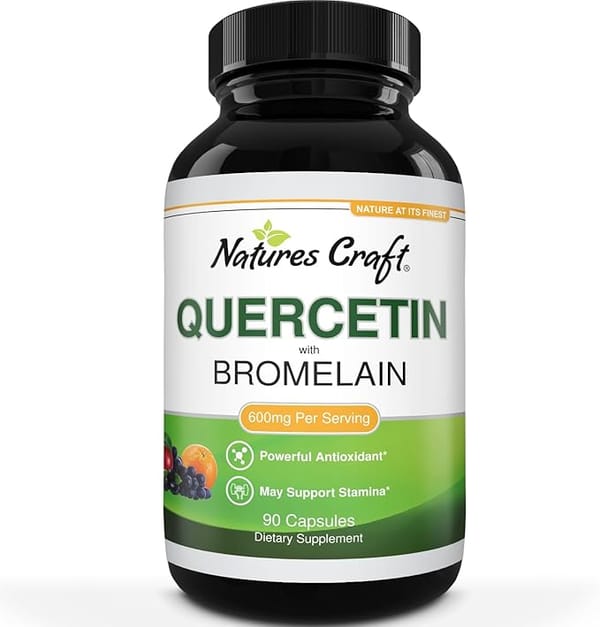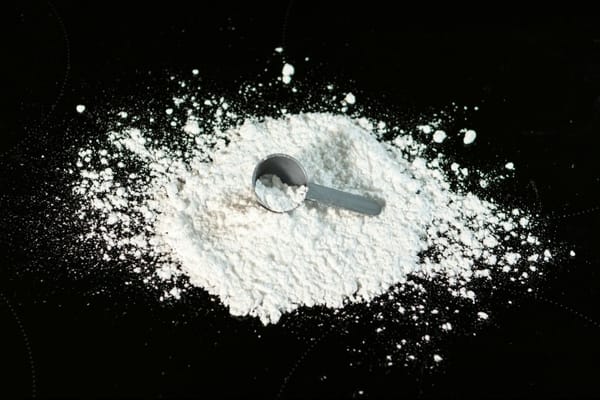Trimethylglycine (TMG), also known as betaine, is a naturally occurring compound found in foods like beets, spinach, and quinoa, and has gained popularity in the fitness community for its potential to enhance muscle strength and power. Research indicates that TMG supplementation can improve muscle endurance, increase lean muscle mass, and support better workout performance, making it a valuable addition to the regimen of athletes and bodybuilders.
Betaine's Role in Muscle Protein Synthesis
Betaine plays a significant role in muscle protein synthesis through several mechanisms. It acts as a methyl donor in the conversion of homocysteine to methionine, which is crucial for protein synthesis and muscle growth[4][5]. Methionine, an essential amino acid, contributes to the synthesis of creatine and carnitine, both of which are vital for muscle energy and growth[5].
Betaine also stimulates the mTOR pathway, a key regulator of muscle protein synthesis, by enhancing the insulin-like growth factor-1 (IGF-1) pathway[2][4]. This activation promotes muscle fiber differentiation and increases myotube size, leading to muscle hypertrophy[3]. Additionally, betaine's role as an osmolyte helps maintain cell volume and hydration, which can further enhance protein synthesis and reduce proteolysis[5].
Studies have shown that betaine supplementation can prevent muscle atrophy by inhibiting the production of homocysteine thiolactone, which negatively impacts protein synthesis[3]. Furthermore, betaine's ability to increase sarcoplasmic osmolality through the osmoregulated betaine/GABA transporter-1 results in cellular swelling, promoting protein synthesis and suppressing proteolysis[4].
In summary, betaine enhances muscle protein synthesis by acting as a methyl donor, stimulating key anabolic pathways, and maintaining cellular hydration and volume, making it a valuable supplement for muscle growth and maintenance.
Optimal Dosage and Timing for Betaine Supplementation
The optimal dosage and timing for betaine supplementation can vary depending on the specific health or performance goals. For general health and reducing homocysteine levels, a daily dose of 3–6 grams is commonly used in research, with lower doses of 1.5–3 grams also showing effectiveness in healthy individuals[5].
For improving resistance exercise performance, a dosage of 2.5 grams per day, typically split into two 1.25-gram doses, has been found beneficial[5]. Studies on liver fat and fibrosis have used higher dosages, such as 20 grams per day divided into two 10-gram doses, although such high doses can cause side effects like diarrhea and increased cholesterol levels[5].
Betaine is generally considered safe at daily intakes of 9 to 15 grams for adults, but specific conditions may require different dosages. For example, individuals with alcohol-induced fatty liver disease may need 1,000 to 2,000 milligrams taken three times daily[4]. For those looking to enhance exercise performance or body composition, doses between 1,500 to 2,000 milligrams per day are common[4].
Timing of betaine supplementation can also impact its effectiveness. For digestive support, betaine HCl should be taken with meals to aid in gastric acid production and improve nutrient absorption[2]. In contrast, betaine for muscle performance can be taken any time of day, with or without a meal, although some protocols suggest taking it minutes before or during meals to maximize benefits[2][4].
It is important to follow any special instructions from a healthcare provider, especially when combining betaine with other supplements like folic acid, vitamin B6, and vitamin B12 to support absorption[1]. Always consult with a healthcare provider to determine the appropriate dosage and timing based on individual health needs and goals.
Betaine and Exercise Performance
Betaine supplementation has been shown to enhance various aspects of exercise performance, particularly in terms of strength, power, and endurance. Research indicates that betaine can improve muscle endurance and increase the quality of repetitions performed during resistance training. For instance, a study involving active college-aged men found that two weeks of betaine supplementation significantly improved muscle endurance in the squat exercise, as well as the number of repetitions performed at 90% or greater of peak power[3].
Betaine's ergogenic benefits are attributed to its role in the methylation of homocysteine to form methionine, which is crucial for creatine synthesis. Creatine is essential for energy production during high-intensity exercise, thereby enhancing strength and power[4]. Additionally, betaine acts as an osmolyte, helping to maintain cell volume and hydration, which can further support muscle performance and reduce fatigue[4][5].
Studies have also demonstrated that betaine supplementation can lead to improvements in body composition, such as increased lean muscle mass and reduced body fat. This is particularly beneficial for athletes looking to optimize their performance and physique. For example, a study on female collegiate athletes found that betaine supplementation, combined with a resistance training program, resulted in significant gains in lean mass, muscle size, and performance indicators like vertical jump and squat[4].
Moreover, betaine has been shown to enhance aerobic and anaerobic performance. In professional youth soccer players, chronic betaine supplementation over a 14-week competitive season led to greater improvements in vertical jump, upper and lower body strength, 30 m sprint, peak power during the RAST test, and aerobic performance compared to a placebo[1]. These findings suggest that betaine can be particularly effective in sports requiring a combination of strength, power, and endurance.
In summary, betaine supplementation offers multiple benefits for exercise performance, including enhanced strength, power, endurance, and improved body composition. These effects make it a valuable supplement for athletes and individuals engaged in regular resistance training and high-intensity sports.














Member discussion